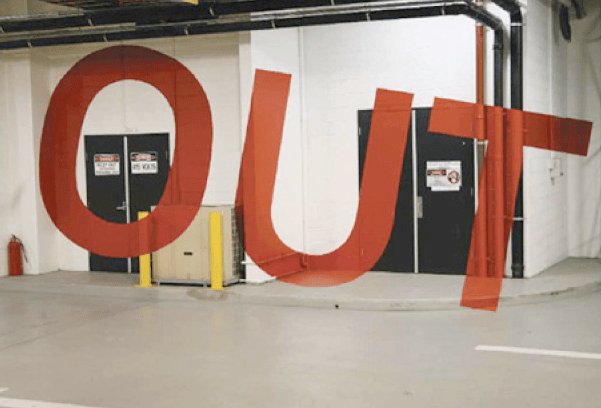
The fictional worlds we engage with can change how we think about politics and how we justify our political beliefs. According to a study published in the Cambridge University Press people who read dystopian fiction are more likely to support extreme political reactions to things. The point? Read something that is good for you, go read some classic literature and try to avoid overly-dystopian worlds (or at least read them knowing the impact they may have on you).
Given that the fictional narratives found in novels, movies, and television shows enjoy wide public consumption, memorably convey information, minimize counter-arguing, and often emphasize politically-relevant themes, we argue that greater scholarly attention must be paid to theorizing and measuring how fiction affects political attitudes. We argue for a genre-based approach for studying fiction effects, and apply it to the popular dystopian genre. Results across three experiments are striking: we find consistent evidence that dystopian narratives enhance the willingness to justify radical—especially violent—forms of political action. Yet we find no evidence for the conventional wisdom that they reduce political trust and efficacy, illustrating that fiction’s effects may not be what they seem and underscoring the need for political scientists to take fiction seriously.


